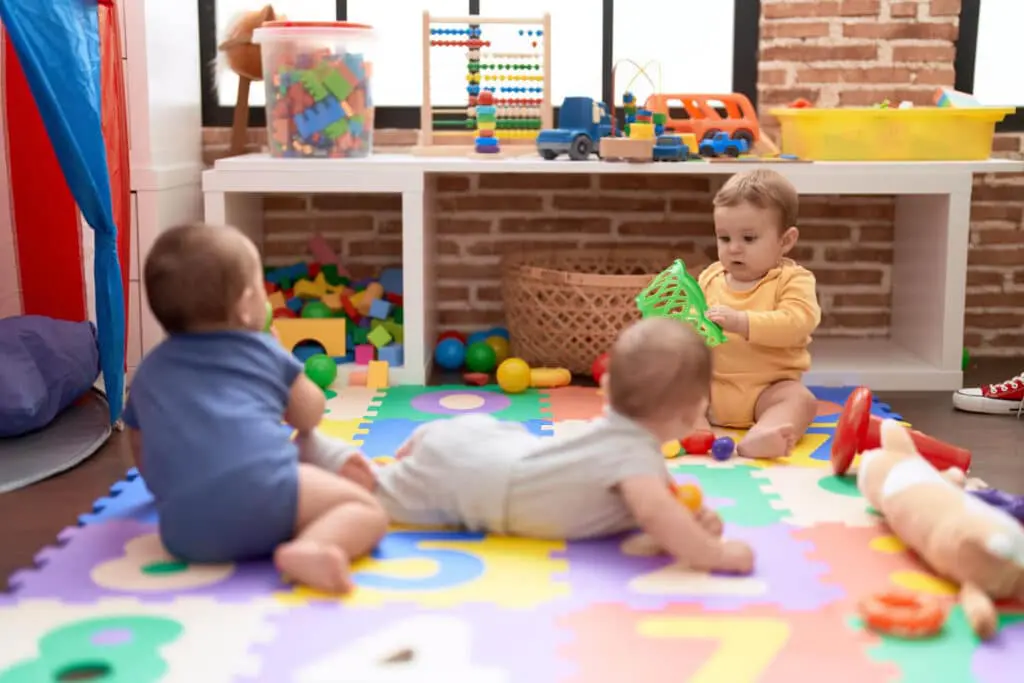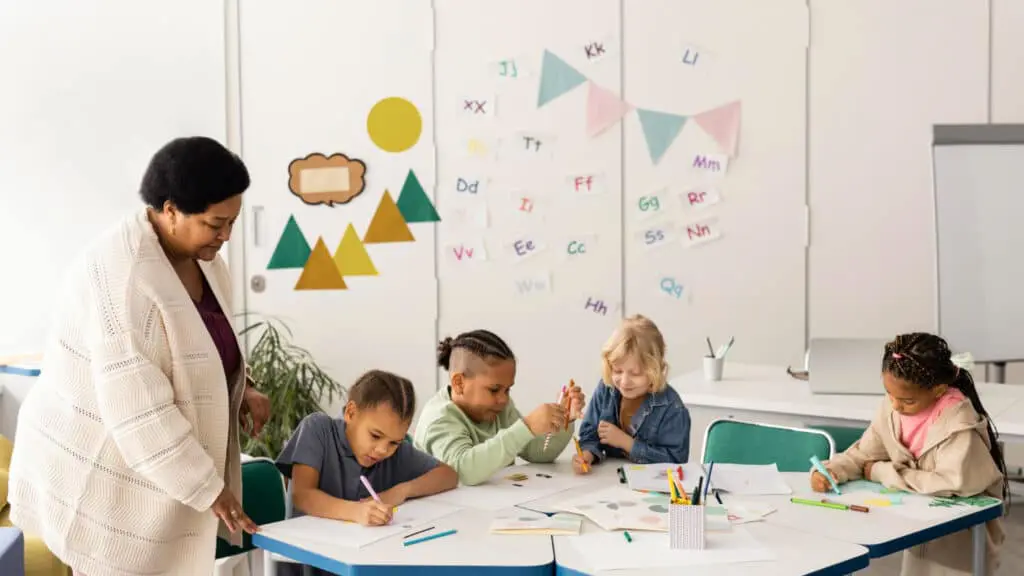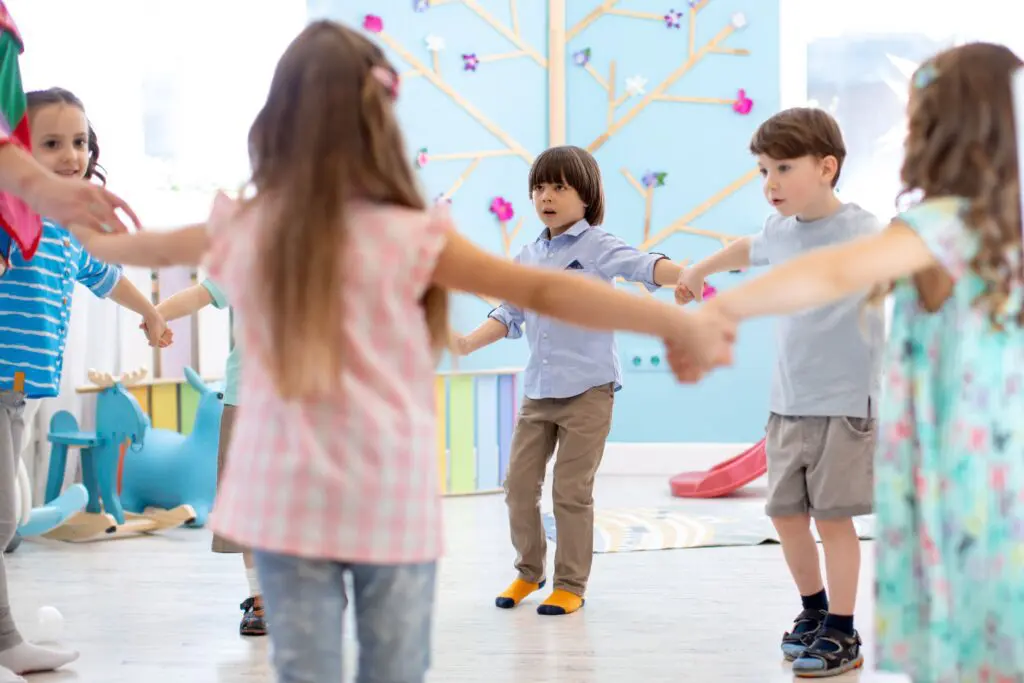Finding the Best Pre K Programs Near Me

Are you in quest of finding the best Pre K programs near me? Choosing the right pre-kindergarten program is crucial to preparing your child for kindergarten. As a parent, you want to ensure your child’s care center meets safety standards, provides nurturing attention, and supports their development. You want to meticulously research childcare options to […]
The Importance of Infant Curriculum: A Foundation for Early Learning

Selecting an infant curriculum may not be top of mind for new parents. But a structured curriculum designed specifically for infants can significantly benefit your baby’s early learning and development. When incorporated into your daily routines, an infant curriculum introduces your child to concepts and activities that build the foundation for cognitive, motor, language and […]
Unleash the Supermom in You: Find the Perfect Daycare Center in Langhorne!

As supermoms of Langhorne, you juggle the exciting world of parenting; finding the best daycare center in Langhorne for your little ones can be quite an adventure. But fear not, for we’re here to help you navigate this exciting journey with a touch of wit, fun, and plenty of insights! Today, we’ll dive into […]
5 Reasons Why Children Central Is The Best Daycare Center Near Me Option

As a new parent, are you wondering what should I look for in a daycare center near me in Langhorne, PA? Choosing the right daycare center is crucial and can significantly impact a child’s early development. If you’re a parent living in Langhorne, PA, you’re lucky! Today, we’re excited to introduce you to one of […]
Is Your 2-Year-Old Ready for Preschool? Here’s How to Decide

Preschools for 2 year olds are an important step in their life, as it serves as the foundation for their future education. However, as a parent, you may be unsure whether your 2-year-old is ready for this new experience. How can you determine if your child is ready for preschool? In this article, we will […]
What are the Effects of Music on Child Development

As a parent, you know how important it is to provide your children with the best possible environment for learning and growing. You may be surprised to learn that music can positively affect your child’s development. Music has been proven to have effects on child development that go far beyond simply entertaining. Babies are soothed […]
8 Tips for Building Social Skills in Kids

Social skills are integral to a child’s healthy and complete growth and development. Children need to be given ample opportunities to interact and socialize with their peers. These skills are essential in order for children to learn how to form friendships and build healthy relationships throughout their lives. Parents play an important role in building […]
7 Parenting Tips for New Parents

Would you agree that parenting can be one of the most difficult and rewarding jobs in the world? Being a new parent on this journey is no easy feat. When it comes to parenting, there is no official handbook to help you understand the “dos and don’ts.” Your new life brings with it many adjustments […]
Positive Discipline for Toddlers: 5 Techniques Every Parent Should Know

No matter how much you love your children, challenging behaviors can undoubtedly test your patience. Keep calm. You can be in control of these situations by learning positive discipline for toddlers. You want your little one to be safe, practice good manners, and become a well-adjusted individual. We also need to remember that children don’t […]
How to Nurture Your Parent-Child Relationship

It’s no secret that being a parent is one of the most challenging roles in the world. Parenting is hard to do well, but it’s even harder to get it wrong. Parenting doesn’t come with a manual, and there aren’t any set guidelines for the “right” or “wrong way” to be a parent. But if […]

